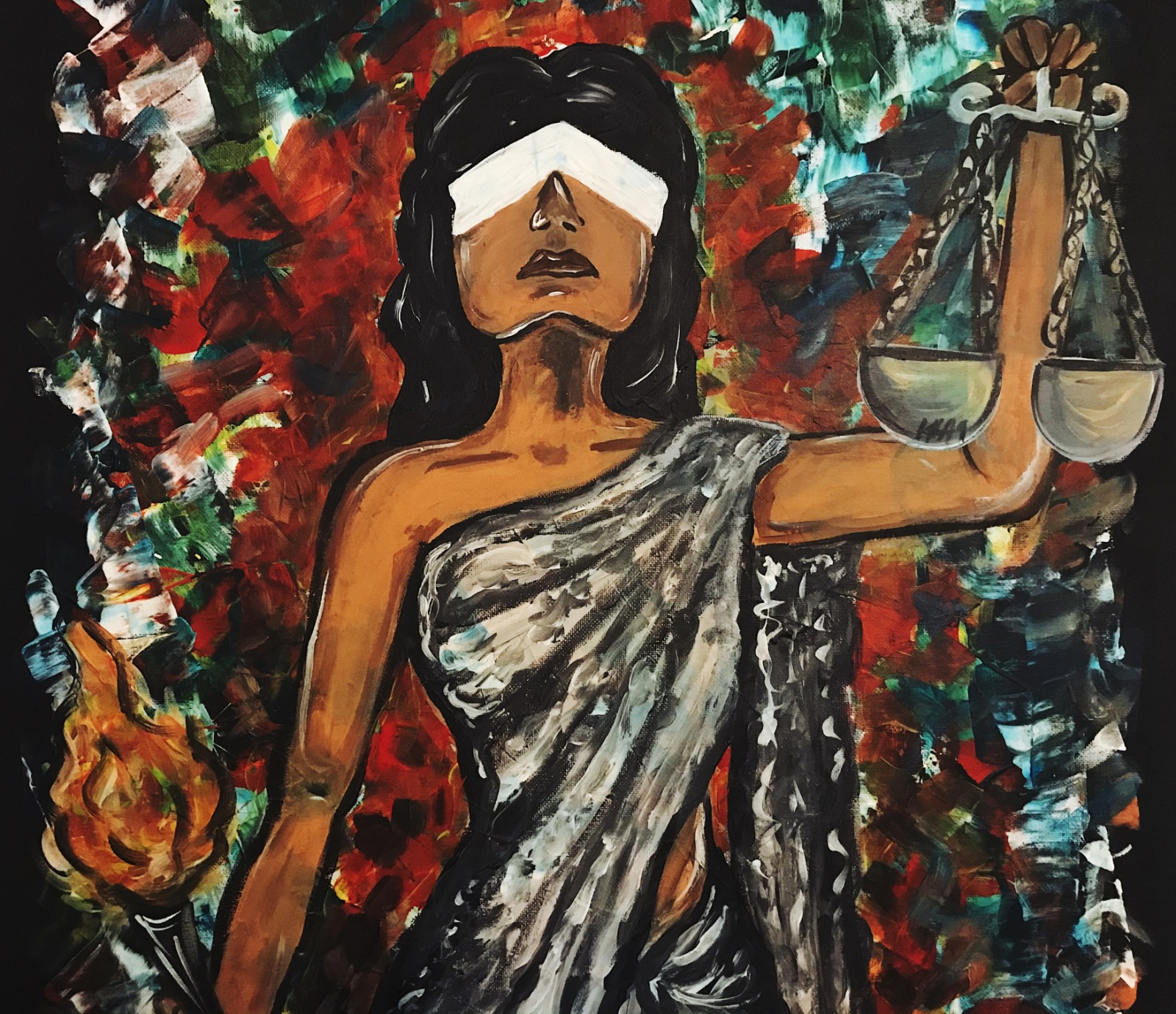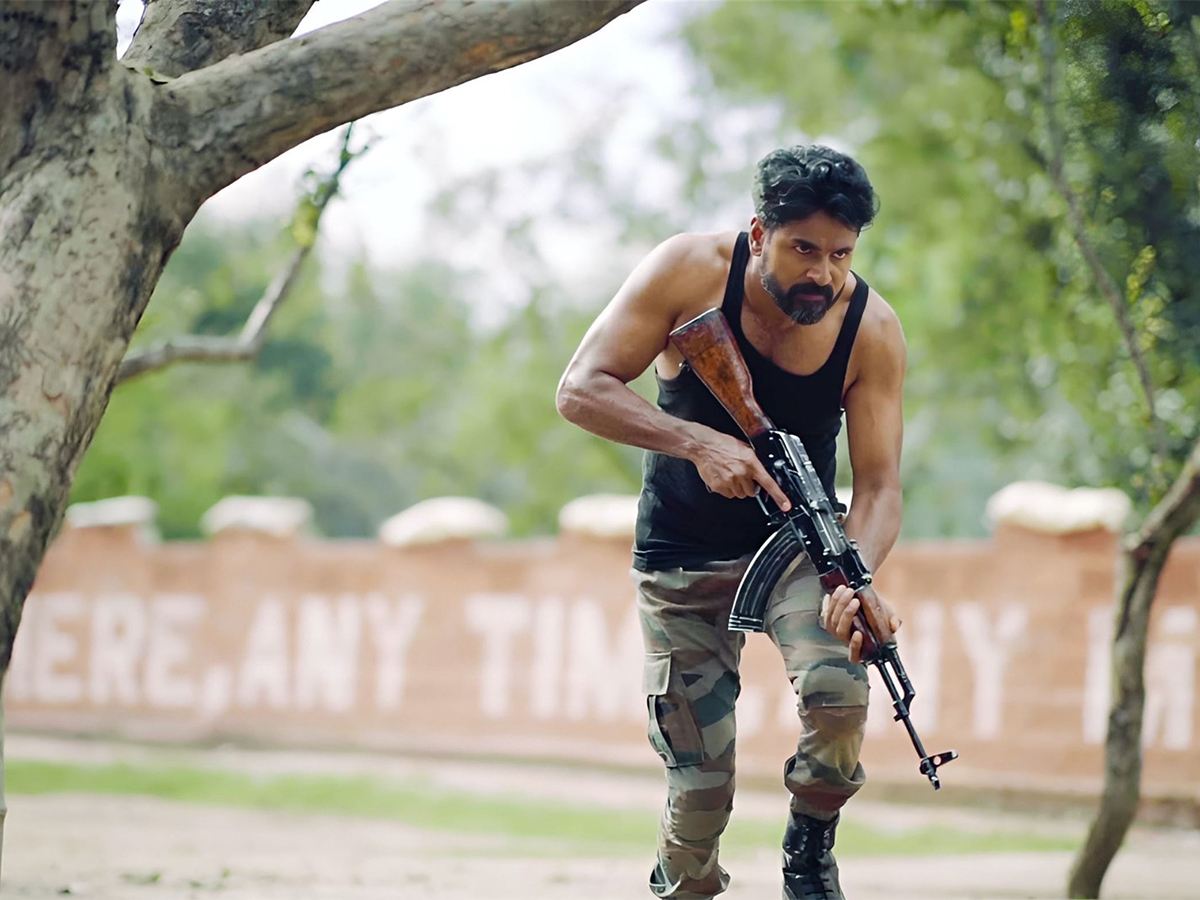
Illustration: Keera Ratnam
The latest draft United Nations Human Rights Council resolution on accountability for massacres in Sri Lanka shows yet again the ineptitude of the international system to deliver justice for crimes committed more than 13 years ago. Following years of growing militarisation, crackdowns on civil society actors, and ongoing human rights violations, the latest resolution asks victims and survivors to place their faith in the Sri Lankan state. This is the same Sri Lankan state that the former UN High Commissioner acknowledges has actively reversed progress on accountability by appointing war criminals to head government ministries. The latest draft falls far short of what has been needed for years.
Whilst seeming to acknowledge that the root causes of Sri Lanka’s crisis are “deepening militarisation” and a “lack of accountability”, the resolution falls short of meaningful demands to address these long-standing issues. Instead, it reverts to debunked domestic mechanisms such as the Office of Missing Persons, which the UN report acknowledges “has not been able to trace a single disappeared person or clarify the fate of the disappeared in meaningful ways, and its current orientation is to expedite the closure of files”. The call to “re-energise” these failed domestic initiatives sets back the clock for Sri Lanka, allowing another two years before other options to pursue accountability will be seriously considered by the global body.
Tamil families of the disappeared, who have borne the brunt of state surveillance and harassment in their pursuit of justice, will be particularly disheartened by this resolution which many survivors will see as an active denial of international accountability for mass atrocities. Over 140 members of these families of the disappeared have died without knowing the fate of their loved ones, and this resolution will provide those who survive no solace.
Instead, this resolution places a greater focus on Sri Lanka’s current economic malaise and the ongoing crackdown on demonstrators. Calls to prosecute senior Sri Lankan officials implicated in financial crimes and corruption, whilst welcome, ignore how deeply embedded the country’s finances are with the military establishment. Amidst the ravages of the pandemic and ongoing food shortages, Sri Lanka is slashing funding for its health ministry whilst pumping money into the military. Whilst the resolution recognises militarisation as an issue, there are no concrete demands to shrink its budget or limit its expansion. Nor is there a concrete plan to hold figures implicated in either financial crimes or human rights abuses to account, in a manner which avoids the Sri Lankan state’s toxic reach.
The resolution also fails to call out Sinhala Buddhist nationalism, an ideology that has plagued the island for decades, instead meekly calling on Sri Lanka to uphold “respect for the rights of those from all ethnic and religious groups”. The inability to name Sinhala Buddhist nationalism as a culprit behind the island’s ills helps to conceal the ethnocratic ideology underlying successive Sri Lankan administrations and does not inspire the confidence of Tamils, Muslims and Christians, who are increasingly under assault.
Whilst the resolution is still subject to amendments, it is clear that an answer to Sri Lanka’s long-term ills will not be forthcoming. This is not only a blow to Tamil survivor communities but devastates the credibility of the international system. Instead, member states concerned over the future of Sri Lanka must act to end its ceaseless military expansion and growing authoritarianism.
Demanding the complete demilitarisation of the North-East and an immediate meaningful reduction in the defence budget will be a positive first step. Explicitly naming and imposing targeted sanctions on senior Sri Lankan officials implicated in human rights abuses, whilst urging member states to prosecute them under the principle of universal jurisdiction will also help restore faith in the international system. There must also be a clear demand to tackle the racist ideology that has for far too long permeated and controlled almost every aspect of the Sri Lankan state. Sinhala Buddhist nationalism must be tackled and Tamil aspirations must finally be met through meaningful devolution.
The United Nations must demand no less.




.jpg)
.jpg)
.jpg)
.jpg)
.jpg)



